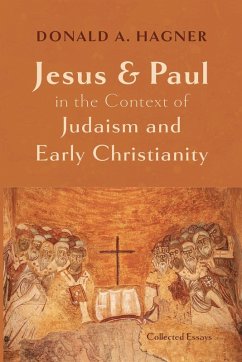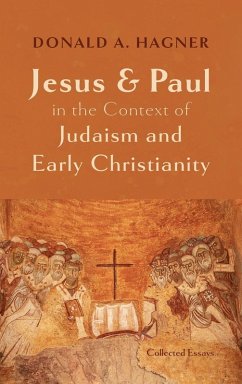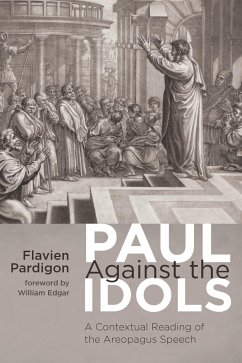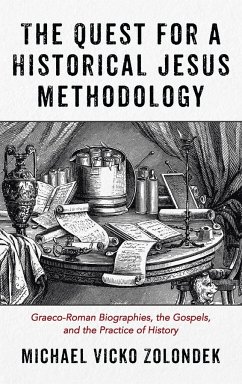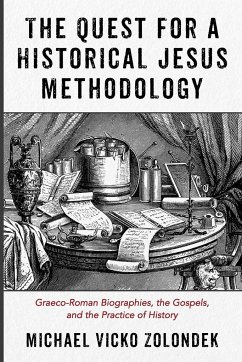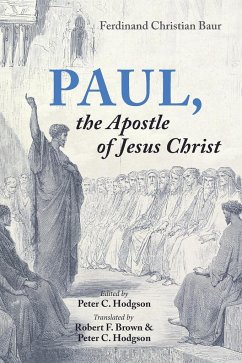In the late nineteenth century, Jewish scholars began to be interested in Jesus and eventually Paul as important figures in the history of the Jewish people. Rightly understood, they argued, Jesus and Paul belonged more to Judaism than to Christianity, as even radical-critical Christian scholars were concluding. The earliest believers in Jesus were exclusively Jews, forming something like a new sect within Judaism. The emergence of the Christianity of the New Testament soon became a focus of attention for Jewish scholars, and with this a host of questions arose, such as about the influence of Hellenism, the parting of the ways, the widespread Christian misperception of Judaism, the tragedy of anti-Semitism, and the identity of Jesus as Messiah and Lord. The present essays address these and other issues, maintaining throughout the tension of continuity and discontinuity, and stressing the underappreciated radical newness of the New Testament.
Bitte wählen Sie Ihr Anliegen aus.
Rechnungen
Retourenschein anfordern
Bestellstatus
Storno

